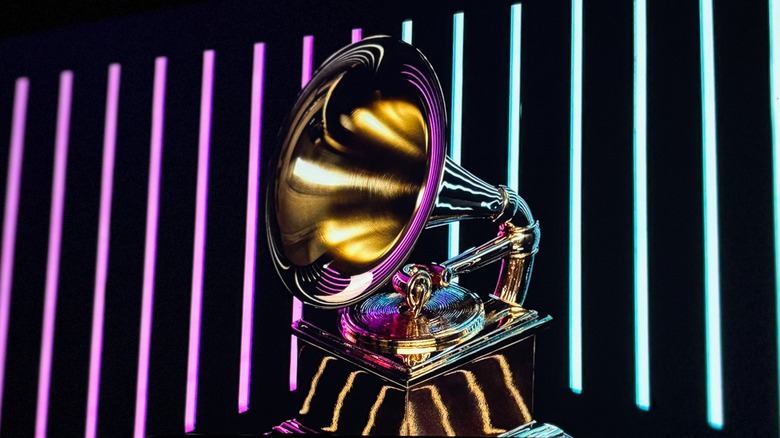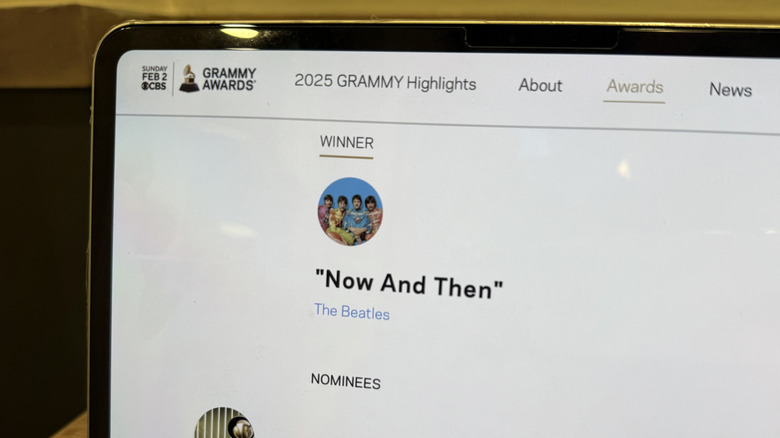AI Resurrected & Revived A Lost Beatles Song - Then It Won A Grammy
Just over a week ago, former Beatle Paul McCartney asked the British government to strengthen its copyright laws involving artificial intelligence, citing fears for human artists. Last night, a Beatles song by revived using AI wizardry won a Grammy.
It was 2023 when McCartney disclosed he had succeeded in extracting the voice of John Lennon from a crude recording using AI and was using it to complete a "final" Beatles song. "Now And Then" was recovered from a boombox recording using an AI machine learning technique called de-mixing that can separate a track's vocal and instrumental elements. That Beatles track landed on streaming platforms a few months later, and a year from that milestone, it landed two Grammy nominations.
The song earned nominations for record of the year and best rock performance, landing the honors for the latter. The song, though, was not received without its fair share of criticism and concerns about the integrity of music as an art form, especially for how far AI tools can seep into the whole process of making music. So a Grammy victory for the Beatles' last song is a bit odd, though not surprising.
Grammy, AI, and the fight for human creativity
The body behind the Grammy, and its chief, had made their semi-favorable stance to AI abundantly clear back in 2023. "No, we're not going to award AI creativity. But we're not going to disclude or disqualify the creators working with it," Harvey Mason Jr., CEO of the Recording Academy, was quoted as saying by CNBC. That same year, the Recording Academy updated its rules, making space for AI in the race while clearly drawing the lines between AI and human-generated work.
"Only human creators are eligible to be submitted for consideration for, nominated for, or win a GRAMMY Award. A work that contains no human authorship is not eligible in any Categories," says the official rule book for the 67th Grammy Awards. And the human contribution must be more than minimal, though there is no quantifiable line set for this minimal contribution, save for a vague statement that it would be "so minor as to merit disregard."
The Recording Academy had also been working with the U.S. Copyright Office regarding the impact of AI on the music industry, with the goal of protecting artists and their interests. Just over a week ago, the Copyright Office declared that purely AI-generated material is not eligible for copyright protections, and stressed that human contribution is essential.

